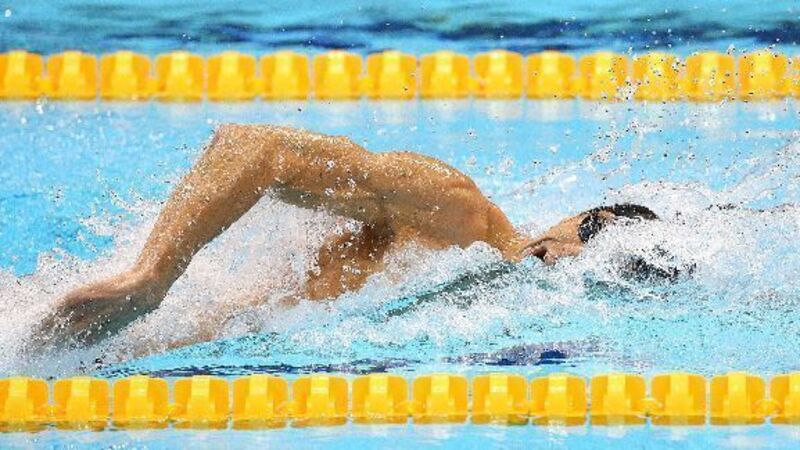Swimming's governing body defends anti-doping system after moving Russian samples

Swimming’s world governing body FINA has defended its anti-doping system amid questioning of the set-up and fears the crisis engulfing athletics is not restricted to that sport.
Following Monday’s publishing of a report by a World Anti-Doping Agency (WADA) independent commission which detailed ”state-sponsored” doping in Russian athletics and high-level cover-ups, a leading swimming coach has voiced his concern about the situation in his sport.














